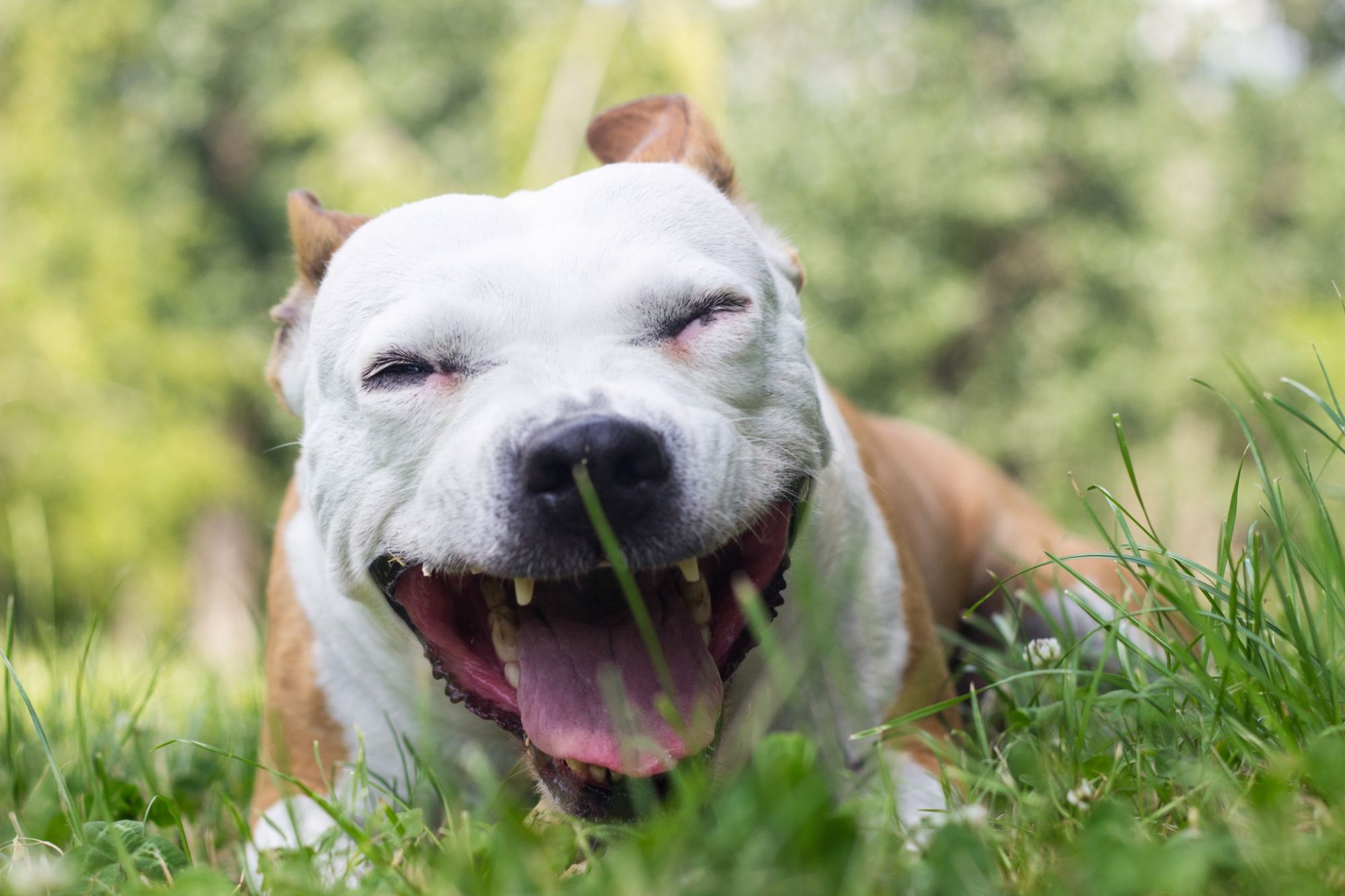The Ins and Outs of Canine Kennel Cough

Many dog owners have heard of kennel cough–especially those who board their dogs or take them to daycare facilities. Fewer, however, may know what kennel cough actually is. At Lone Tree Veterinary Medical Center, we’re here to help you understand kennel cough and to what extent it is a concern.
What is Canine Kennel Cough?
Canine kennel cough, or infectious tracheobronchitis, is a generic term for a contagious upper respiratory disease in dogs that typically causes a fairly harsh, characteristically honking-type cough. Kennel cough does not refer to a specific bacteria or virus. Instead, it is much like the human common cold, where several bugs or combinations of bugs may be involved. In most cases, bouts with kennel cough are mild and dogs recover within a week or two.
The following list includes the many organisms that can on their own or, in combination, cause kennel cough:
- Adenovirus type 2
- Bordetella bronchiseptica
- Canine Distemper virus
- Canine herpesvirus (in puppies)
- Canine influenza virus
- Canine reovirus
- Canine respiratory virus
- Mycoplasma canis
- Parainfluenza virus
How Is It Spread?
Kennel cough is easily spread wherever dogs associate, including, dog parks, dog play groups, shelters, pet stores, boarding and grooming facilities, and other pet care facilities. Transmission occurs through direct contact with the respiratory secretions of a contagious dog, such as a runny nose, saliva or cough. Dogs can also be exposed through contaminated items, such as shared food and water bowls, toys, bedding, kennel surfaces, human clothing and shoes.
Symptoms of Kennel Cough
While kennel cough is usually more of an annoyance and inconvenience for dogs and their owners, for some dogs, it can lead to more serious illness such as pneumonia.
It is best to have your pet evaluated by your veterinarian as soon as possible if you think your dog has contracted kennel cough or you notice any of the following symptoms:
- Coughing and/or sneezing
- Noisy breathing
- Fast or labored breathing
- Decreased activity level
- Lethargy
- Fever
- Decreased appetite
- Drainage from the eyes or nose
- Blue, gray or pale tongue or gums
Remember that early evaluation and treatment can go a long way towards minimizing the extent of an illness and the cost of medical treatment. Also, many health problems can have symptoms similar to kennel cough, but actually be caused by something else and require a different course of action. Having your dog evaluated will help ensure that it’s symptoms will be treated appropriately.
What About Vaccination?
Vaccines for contagious upper respiratory diseases are geared for the more commonly known respiratory organisms that include the following:
- Bordetella bronchiseptica – the “kennel cough” vaccine
- Canine adenovirus 2
- Parainfluenza virus
- Canine influenza strains H3N2/H3N8 (the “canine flu” vaccine)
It is important to note that the only vaccine geared specifically for the prevention of kennel cough is the Bordetella vaccine. Since a variety of bacteria and viruses can be involved in a kennel cough infection, Bordetella vaccination may not completely eliminate a dog’s risk of becoming ill. Vaccination does, however, go a long way towards lessening the length and intensity of illness for a dog that is exposed and develops symptoms.
Bordetella Vaccines We Use
We use two types of Bordetella vaccine at our facility––intranasal and injectable. They each have the following characteristics:
- Intranasal—Is administered through the nose and can be given to dogs of all ages, including young puppies. It helps jump-start immunity in the nasal passages where the virus commonly enters and grows, and is protective after 72 hours. This vaccine also protects against the Canine adenovirus and Parainfluenza virus. Requires an annual booster.
- Injectable—Is administered by injection in an initial series of 2 vaccines, with the second vaccine given 2 to 4 weeks after the first vaccine for dogs that are overdue or have never received a Bordetella vaccine before. Can be given to puppies at 2 months, but best to wait until 4 months or older. Allow at least 7 to 10 days after vaccination for protection to be effective. Requires an annual booster. May be preferable and safer to give to dogs that will not tolerate a nasal vaccine.
Our veterinarian will recommend the vaccine type that is best suited for your pet’s age and needs.
Keeping Your Dog Healthy
In general, canine kennel cough is relatively common and no reason to avoid taking your dog out in public or for boarding, grooming, and behavior training. We recommend following your veterinarian’s health recommendations for your dog’s age and lifestyle, and to keep your dog up to date on all of its vaccinations.
Please contact us if you are not sure of your dog’s vaccination status or you have any other questions about your dog. We’re always happy to assist you in the care of your special companion!

